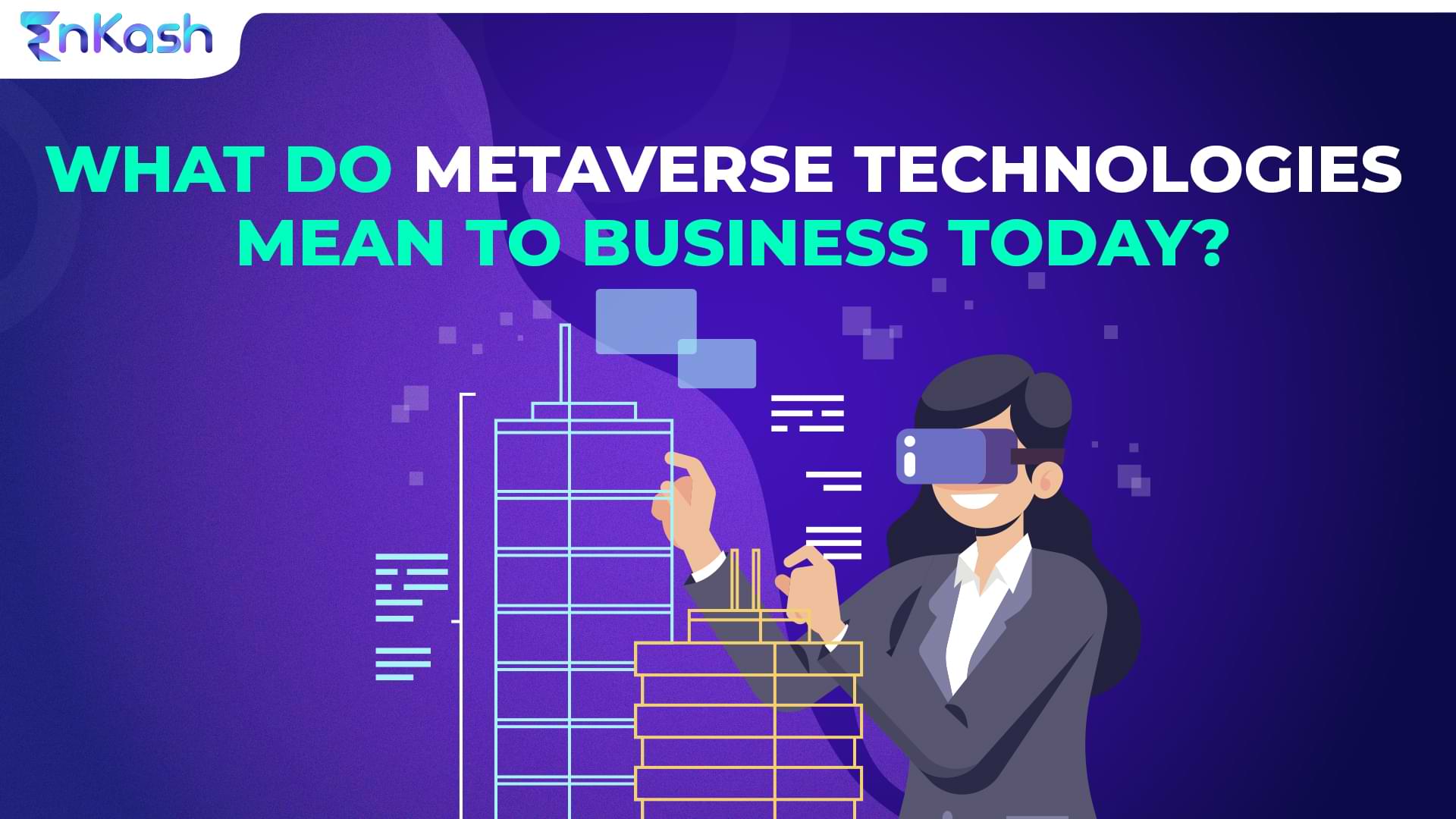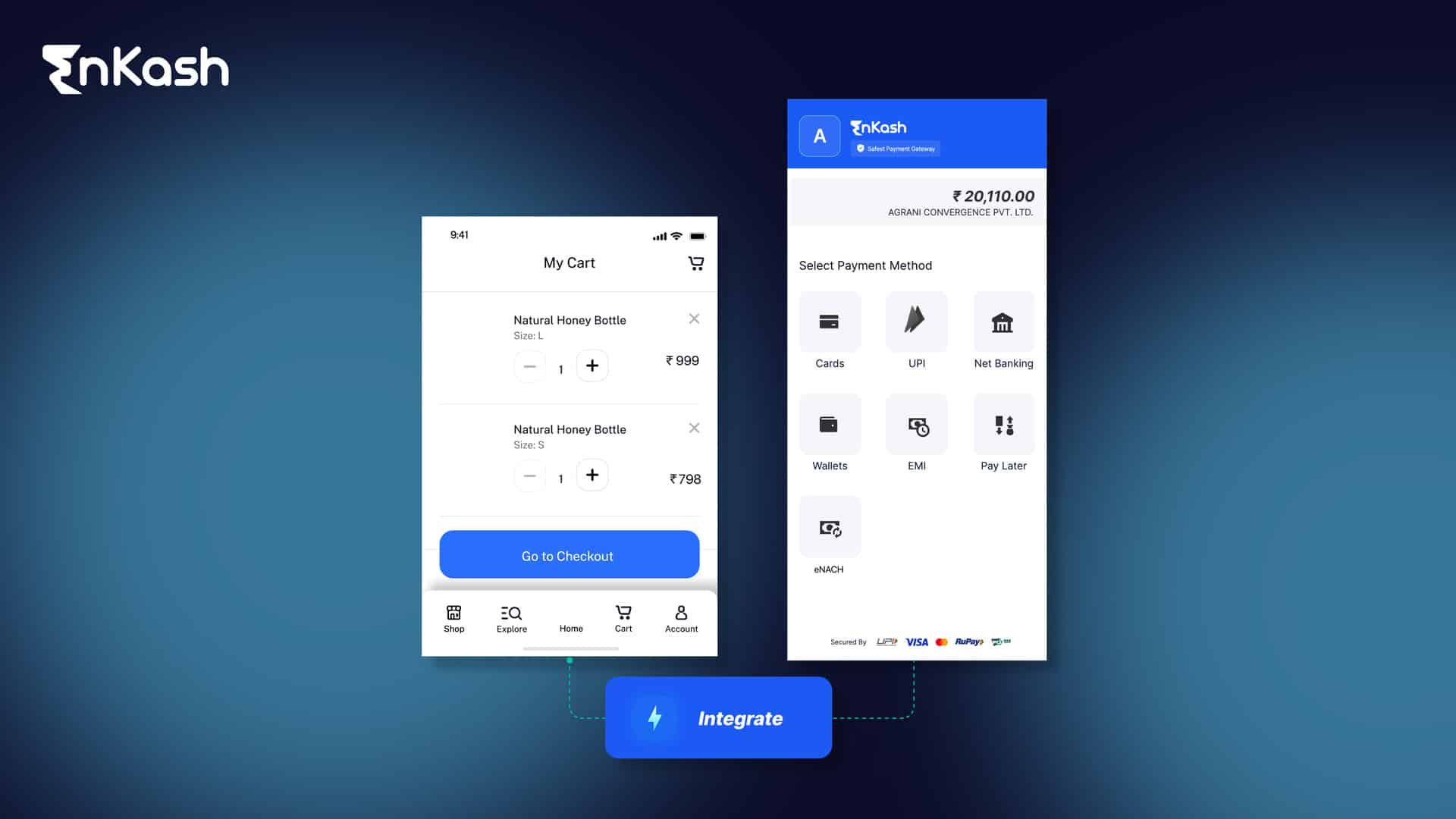Metaverse technologies are rapidly gaining popularity in the digital world, as they offer a range of benefits for businesses, individuals, and industries. The term ‘metaverse’ is a virtual universe where people can interact, engage and conduct transactions in an immersive and realistic environment.
What does the term Metaverse refer to?
Metaverse refers to a shared virtual reality that allows users to interact and engage with each other and digital objects or devices. This concept has been popularized by science fiction works such as Neal Stephenson’s 1992 novel ‘Snow Crash’ and the game ‘Second Life.’
In recent years, advancements in technology have brought the concept of the metaverse closer to reality. The development of virtual and augmented reality devices, as well as the increasing power of computer graphics and networking capabilities, have made it possible to create more immersive and realistic virtual spaces.
Metaverse technologies refer to the various tools and techniques used to create and maintain the metaverse. These include virtual reality and augmented reality devices, 3D modeling, animation software, and networking technologies that allow users to interact with each other in real-time.
One of the key features of the metaverse is that it allows for a wide range of activities and experiences. Users can explore virtual worlds, attend virtual events, play games, shop, and even conduct business. Some experts believe that the metaverse has the potential to become a new platform for social interaction, entertainment, and commerce.
What are the types of Metaverse Technologies?
There are several types of metaverse technologies, each with its unique features and capabilities. The most common types include:
- Virtual Reality (VR) – VR technology creates a fully immersive environment where users can interact with virtual objects and environments as if they were real.
- Augmented Reality (AR) – AR technology overlays digital information onto the real world, allowing users to see and interact with virtual objects in the context of the real world.
- Mixed Reality (MR) – MR technology combines the best of both VR and AR, creating a hybrid environment where virtual and real-world elements are seamlessly integrated.
What are the challenges in developing Metaverse?
The development of the metaverse is still in its initial stages, and there are still many technical and social challenges that need to be overcome. For example, the metaverse currently lacks seamless integration and consistency across different platforms and devices, and there are still questions about how to ensure privacy and security within the metaverse.
Despite these challenges, many companies and organizations are investing in the development of metaverse technologies. Some of the biggest tech companies, such as Facebook, Google, and Microsoft, are working on creating their versions of the metaverse. The growing interest in this technology suggests that the metaverse has the potential to become a major part of our future digital landscape.
Companies developing and implementing metaverse technologies
Several tech giants are at the forefront of developing the Metaverse technologies; below are the key players.
- Facebook – The social media giant is developing the Oculus Metaverse, a VR-based platform that allows users to connect, collaborate and engage in immersive experiences.
- Google – Google is working on the Google Metaverse, an AR-based platform that allows users to overlay digital information in the real world and interact with it.
- Microsoft – Microsoft is developing the Microsoft Metaverse, an MR-based platform that combines the best of VR and AR, allowing users to seamlessly interact with virtual and real-world elements.
What are the key benefits of Metaverse Technologies?
The benefits of metaverse technologies are numerous and can be leveraged by businesses, individuals, and industries; the key benefits include:
- Improved collaboration and communication – Metaverse technologies allow people to connect and collaborate in a shared virtual space, regardless of their physical location.
- Enhanced customer engagement – Businesses can use metaverse technologies to create immersive and engaging experiences for their customers, leading to increased brand loyalty and sales.
- Improved training and education – Metaverse technologies can be used to create realistic and interactive training simulations, making learning more effective and engaging.
- Increased efficiency and productivity – Metaverse technologies can be used to streamline processes and automate tasks, leading to increased efficiency and productivity.
Conclusion
In conclusion, metaverse technologies are rapidly gaining popularity in the digital world, offering a range of benefits for businesses, individuals, and industries. Metaverse refers to a shared virtual reality that allows users to interact and engage with each other and digital objects or devices. Metaverse technologies refer to the various tools and techniques used to create and maintain the metaverse.
The key types of metaverse technologies include VR, AR, and MR, each with its unique features and capabilities. Companies such as Facebook, Google, and Microsoft are leading the way in developing and implementing metaverse technologies, making them accessible to the masses. With the potential to revolutionize the way we interact, engage and conduct transactions in a virtual environment, metaverse technologies are worth keeping an eye on.













